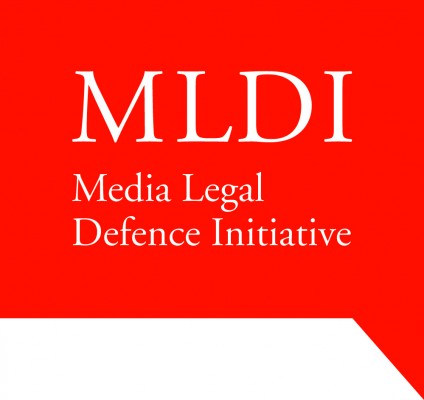The Media Development Center (MDC) believes that the changes and supplements to the Law on Audio and Audiovisual Media Services (LAAVMS), adopted in the 12th Session of the Assembly of the Republic of Macedonia of September 2, 2014, are yet another attempt, in an opaque and circumvented way, on the freedom of information and media freedoms.
This third round of changes of the Law over a period of eight months restricts the right of broadcasters to be issued a warning before misdemeanor charges are filed against them for violations of legal provisions that regulate their obligations in terms of production and broadcasts of documentary and feature films produced in Macedonia.
The Law gives the Government the final say in the definition of the maximum subsidies to be paid to broadcasters for production of domestic documentary and feature film programmes. It introduces arbitrary criteria for assessing whether broadcasters are entitled to de facto subsidies of up to 50% of the total production costs. Furthermore, the Government may adopt bylaws to further elaborate the criteria and secure for itself direct influence on the commercial broadcasters and the public broadcasting service.
With the changes to LAAVMS, the Government secured for itself another competence – to establish a committee of seven that will evaluate the criteria for payment of the compensation to broadcasters that produce documentary or feature film contents and programmes. Five of the seven members of the committee shall be appointed by ministries and other institutions under direct control of the government, while the Agency for Audio and Audiovisual Media Services (AAAVMS) and the Agency for Film will be represented by single member each.
We find such a solution an attempt for direct interference in the independence of the media system in the Republic of Macedonia and degradation of AAAVMS as an independent regulatory body.
We repeat here that the issue of the amount and the type of documentary or feature film contents and programmes that will be aired by each individual broadcaster is a matter of chosen independent editorial policy, and not the format of the broadcaster. Such obligations are suitable only for the public broadcasting service which is legally obligated to nurture and take care of the language, traditions and cultural heritage of the Republic of Macedonia.
The interventions in the legislation were again implemented in an opaque, urgent procedure, without any form of public debate or consultations with the media community in the country.
The Government needs to stop ignoring the media and journalist organizations and associations when intervening in legislation that directly concerns the media sector and the general public. The insistence on urgent procedure and the absence of any public debate on those changes is yet another indicator that the Government is intent to establish full control over the media and the media workers.
We appeal to the Government to stop with continuous proposals for changes and supplements to the media legislation which allow it to accumulate essential competences and further restrict already fragile media freedoms in Macedonia.
MDC uses this opportunity to remind the Government of its obligation, accepted publicly at the time of adoption of the two media laws, to propose changes, within six months from the day of adoption of media legislation, that would regulate the financing of the public broadcasting service. Those changes, the Government accepted, would aim to ensure its independent and eliminate the influence of the executive branch on the public broadcasting service.


 Македонски
Македонски

